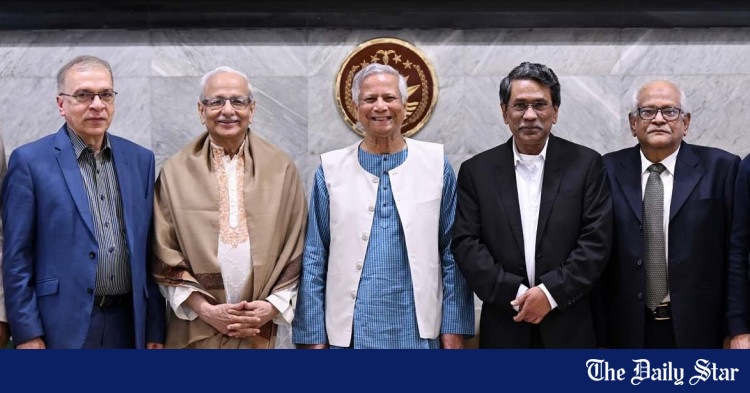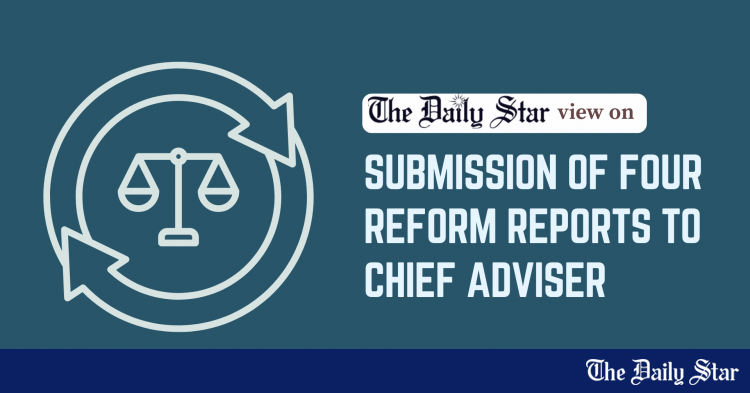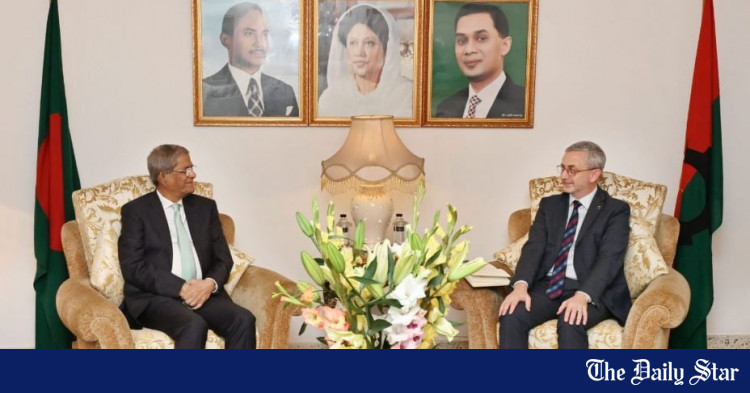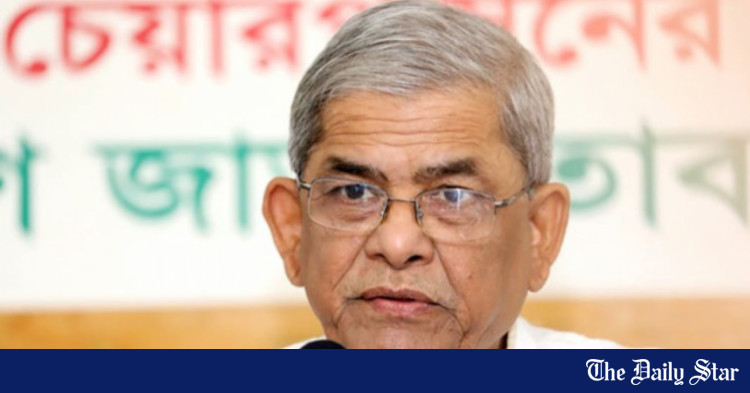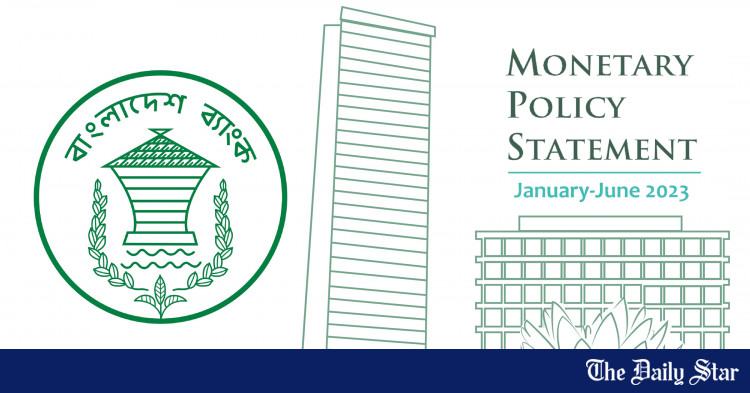Saif
Senior Operative
- 13,242
- 7,269
- Origin

- Axis Group

- Copy to clipboard
- Thread starter
- #121

Talks likely with political parties over reforms in Feb: Rizwana
Environment adviser Syeda Rizwana Hasan has said the interim government is hopeful to initiate formal talks with political parties next month for reaching a consensus on reform agenda. “I think talks with political parties can begin formally in the middle of February," she told in a press...
Talks likely with political parties over reforms in Feb: Rizwana
BSS
Dhaka
Published: 15 Jan 2025, 17: 43

Adviser Syeda Rizwana Hasan on Wednesday spoke in a press briefing at the Foreign Service Academy. BSS
Environment adviser Syeda Rizwana Hasan has said the interim government is hopeful to initiate formal talks with political parties next month for reaching a consensus on reform agenda.
“I think talks with political parties can begin formally in the middle of February," she told in a press briefing at the Foreign Service Academy today, Wednesday after submission of the reports of the four reform commissions to the chief adviser.
“We are in a sort of dialogue already with the political parties as they have submitted their written proposal on reforms,” she noted.
Law adviser Asif Nazrul however said it might be possible to open formal talks with political parties in the first week of February if necessary works on the submitted reports are completed.
Earlier in the day, the chiefs of four reform commissions- Constitutional Reform Commission, Electoral Reform Commission, Police Administration Reform Commission and the Anti-Corruption Commission (ACC) Reform Commission- submitted their reports to chief adviser Dr Muhammad Yunus at his Tajgaon office.
Youth and sports adviser Asif Mahmud Shojib Bhuyain and chief adviser’s press secretary Shafiqul Alam also spoke at the press briefing.
BSS
Dhaka
Published: 15 Jan 2025, 17: 43
Adviser Syeda Rizwana Hasan on Wednesday spoke in a press briefing at the Foreign Service Academy. BSS
Environment adviser Syeda Rizwana Hasan has said the interim government is hopeful to initiate formal talks with political parties next month for reaching a consensus on reform agenda.
“I think talks with political parties can begin formally in the middle of February," she told in a press briefing at the Foreign Service Academy today, Wednesday after submission of the reports of the four reform commissions to the chief adviser.
“We are in a sort of dialogue already with the political parties as they have submitted their written proposal on reforms,” she noted.
Law adviser Asif Nazrul however said it might be possible to open formal talks with political parties in the first week of February if necessary works on the submitted reports are completed.
Earlier in the day, the chiefs of four reform commissions- Constitutional Reform Commission, Electoral Reform Commission, Police Administration Reform Commission and the Anti-Corruption Commission (ACC) Reform Commission- submitted their reports to chief adviser Dr Muhammad Yunus at his Tajgaon office.
Youth and sports adviser Asif Mahmud Shojib Bhuyain and chief adviser’s press secretary Shafiqul Alam also spoke at the press briefing.

